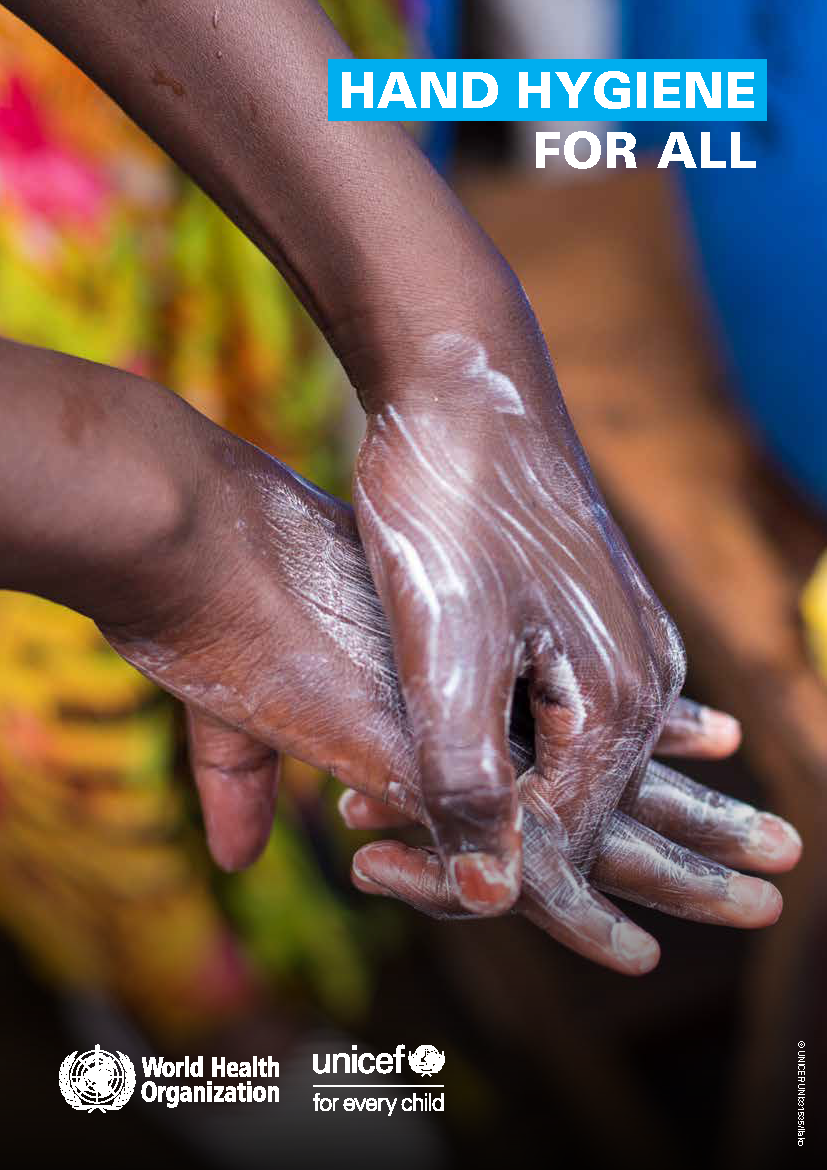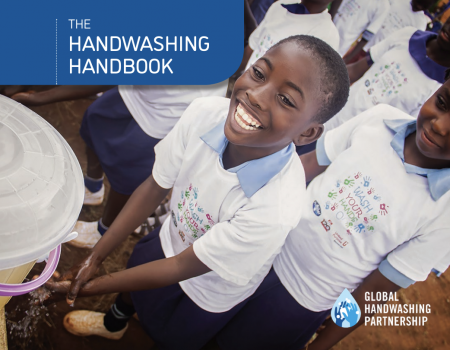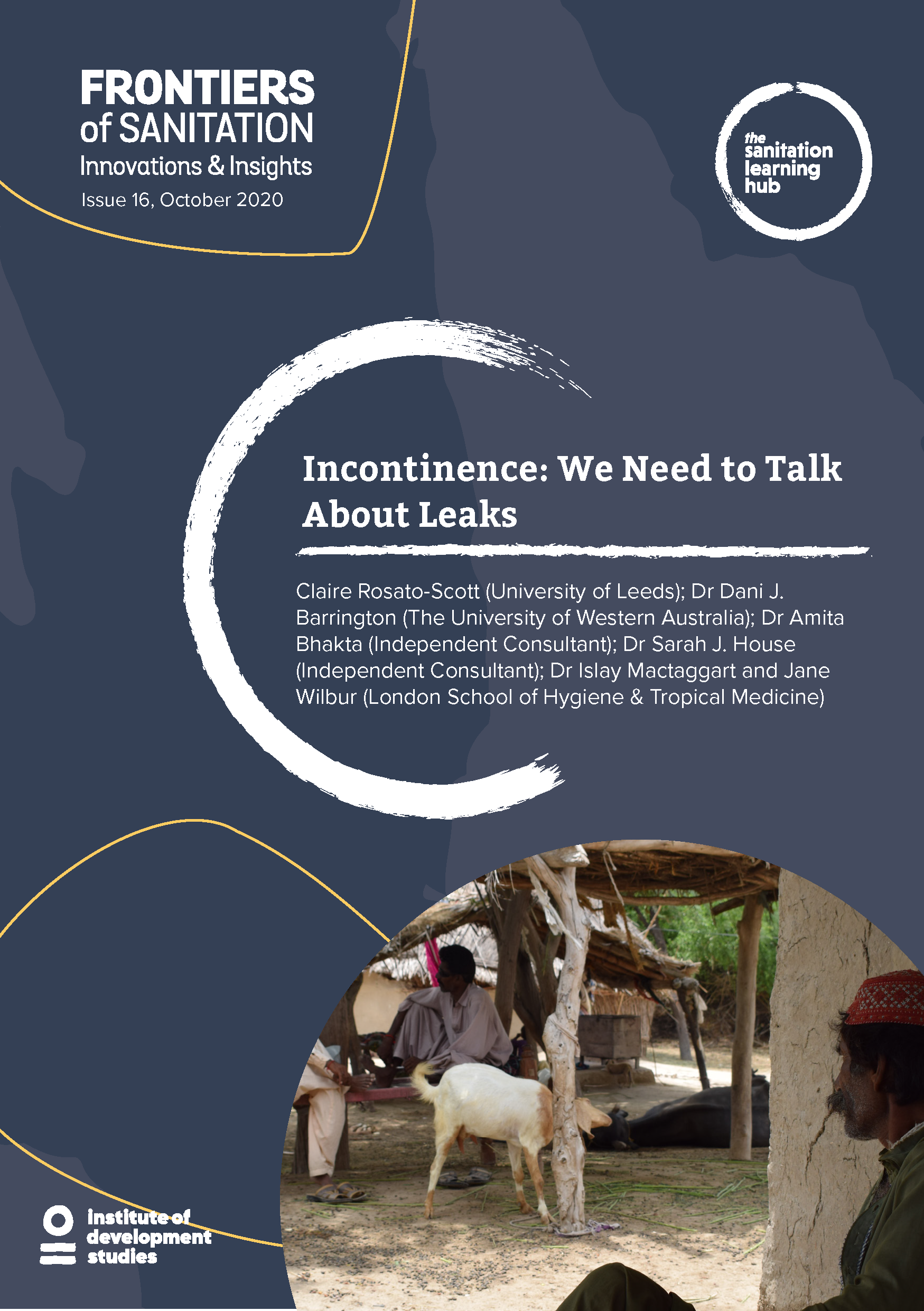Measuring Resilience: Evidence from Nepal, Bangladesh, and Uganda
Building resilience of vulnerable populations is increasingly important for development and humanitarian agencies. To effectively target interventions, rigorous methods are needed to measure resilience at household and community levels. Join this webinar, hosted by the Feed the Future Innovation Lab for Nutrition to learn more about a novel approach to measuring resilience, aiming to distinguish it from other kinds of improvement or recovery over time. Speakers will discuss the application of the new metric to nutritional data for women and children from Nepal, Bangladesh, and Uganda, and its value alongside other indicators used to guide agriculture and nutrition interventions.


